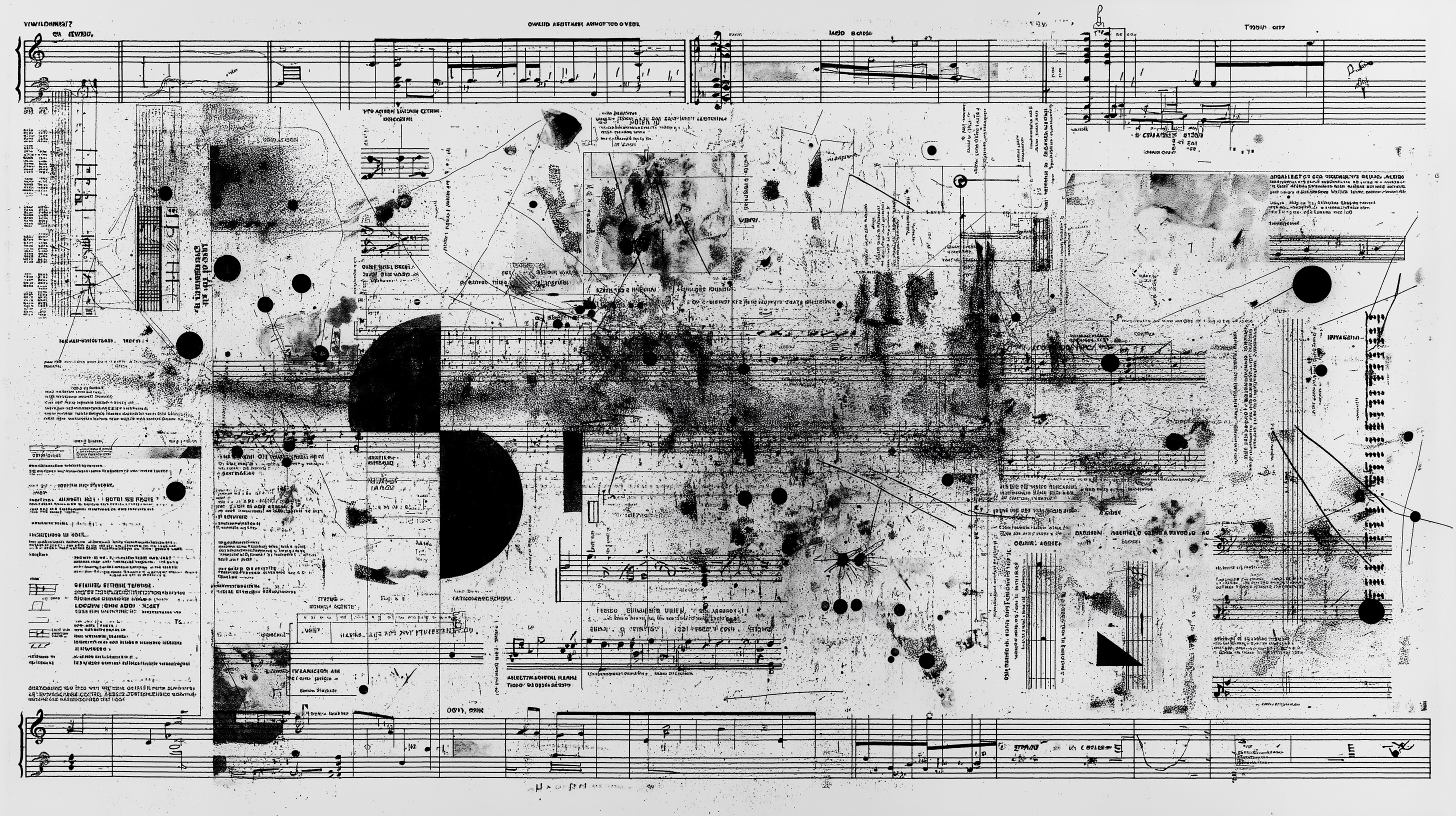Arash Azadi works | manifesto | contact

Manifesto of the Avant-Garde for the Masses
Avant-garde art is not the decoration of bourgeois salons nor the entertainment of complacent societies. It is a weapon of perception, a collective mirror that cracks the smooth surface of everyday illusions. Where mass culture pacifies, avant-garde art agitates. Where authorities prescribe norms, avant-garde art fractures them. Its unpopularity is its honesty, its difficulty is its virtue, and its discomfort is its true gift to the people. The masses do not need more pleasing distractions—they are already surrounded by them. They need rupture, interruption, contradiction. They need art that makes them question the routines and laws that govern their lives. Avant-garde art is not only about sound, image, or form—it is a pedagogy of freedom, a training in critical consciousness, a rehearsal for liberation. But this role does not come without responsibility. Artists who take on the avant-garde mantle must recognize that their work is not self-indulgence. It is a social duty. It is an act of collective resistance, aimed not at applause but at awakening.
Ten Laws of Responsibility for the Avant-Garde Artist
1. Serve the Masses, Not the Market.
Your work is not merchandise to be consumed but a provocation to be wrestled with. Do not let capital dictate the form of your imagination.
2. Embrace Difficulty.
If the audience is comfortable, you have failed. True avant-garde art unsettles, confuses, and destabilizes—this discomfort is the seed of questioning.
3. Expose the Invisible.
Reveal the hidden structures of power, the silent oppressions, the unspoken rules. Make audible and visible what authority prefers to keep buried.
4. Resist Popularity.
Popular acclaim is not the measure of truth. When society rewards you, ask what compromises you made. When society resists you, listen: you may be doing necessary work.
5. Turn Art into a Tool of Critical Thought.
Your compositions, your performances, your images are not ends in themselves. They are instruments through which people can learn to think against the grain.
6. Refuse Repetition of Dogmas.
Do not reproduce the clichés of “high culture” or the formulas of “mass culture.” Your role is to invent new languages, not to polish old ones.
7. Stay in Dialogue with Struggle.
Art cannot exist in a vacuum. Connect your practice to the lived experiences of the oppressed, the marginalized, the exploited. Their realities are your raw material.
8. Do Not Fear Failure.
Experimentation means risk. A failed attempt at truth is worth more than a polished lie that flatters authority.
9. Challenge Yourself as Much as Society.
You are also a product of ideology. Your task is to constantly unlearn, to undo your own conditioning, to break your own habits of perception.
10. Leave Tools for the Future.
Your art should not close itself into mysticism. Leave traces, methods, and pathways so others may continue the struggle for perception and liberation.
Closing Declaration
Avant-garde art is the pedagogy of discomfort, the rehearsal of revolution, the poetics of rupture. Its social responsibility is to keep alive the possibility of transformation. To the young and the established, to the lonely experimenter and the collective agitator: your duty is clear. Do not decorate the world. Disturb it until it transforms.